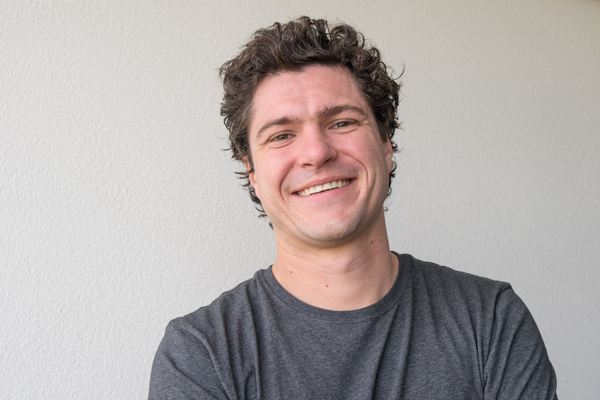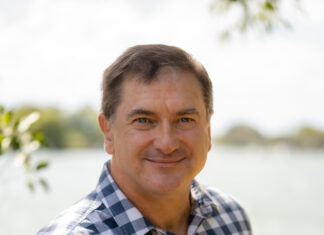The Noosa Alive Festival kicks off on 19 July for 10 days of art and entertainment and this year there is a new team at the helm. Noosa Today had a chat with festival producer Tim Loydell to find out more about the man behind the festival and what it has to offer this year.
How did you and the Deckchairs get together?
The Deckchairs was the first band I got together after studying music at university. We were a folk jam band made up of country kids who met up in the city and enjoyed getting nerdy about chord progressions and poly rhythms! We were really fortunate to find a niche in the industry which allowed us to tour around for a number of years. It was a solid foundation for a number of other musical projects which various members of the group have gone on to be a part of.
What led you from being in a band to being involved in slam poetry and spoken word events?
Once I decided to take a break from performing and touring, I guess I had to assess my life skills and assets which, aside from being a musician, included being able to drive long distances without sleep and a little black book of industry contacts. I started promoting and managing Australian tours for some of the international artists I had long admired and as part of this, I was introduced to the wide and wonderful world of writers and poets.
How and why did you get involved in Noosa Alive?
As a professional project, NOOSA alive! is a very exciting event. An arts festival with such a rich history across a broad spectrum of performing arts, literature and more, in such a unique natural destination is a rare occurrence – even globally. It’s a true testament to the commitment and passion of local communities and previous festival teams. For me, NOOSA alive! represents a phenomenal opportunity to engage closely across the various art forms and performance spaces which I am passionate about. When I was approached by the committee to strategise a forward focused vision for the event I was more than happy to take up the challenge.
What’s it been like working with a new team in the festival?
For me it’s been great – I wonder what they would say! Having only come on in January this year, it was a case of hitting the ground running. There’s been a lot to pick up along the way, particularly since a festival this deeply rooted in community has such extensive networks and relationships. I am incredibly grateful for the depth of experience in staff, such as long-time production manager Guy Harrison, who have been able to shed light on many of the logistical nuances of such a large event.
What changes have you made to Noosa Alive and why?
I don’t think there is anything about this year that I would specifically note as a change to the festival although with the short lead-in on this year’s event, there has certainly been a prioritisation of event-based experiences with the broader aesthetic of an arts festival (i.e.- week-long activation of public spaces and extensive satellite events) being something we will look towards in future years. My mission was to ensure a diverse line-up of high calibre performers and events, accessible to a broad section of the community. I am very grateful for the support of the festival patrons, sponsors, team and broader community who have come together to present this year’s brilliant program.
As producer of Noosa Alive what direction do you see the festival heading?
NOOSA alive! deserves its significant reputation, both nationally and abroad, for its unique position as a boutique performing arts festival offering the highest quality of experience for both local and visiting audiences. I would like to see the festival embrace its natural heritage and work with Council and community to activate a broader range of public performance spaces and encourage attendees to experience Noosa in a new and exciting way. In terms of programming, there is so much exciting new work across a range of art forms that I would love to see visit the region and I think NOOSA alive! can be at the forefront of programming new works. The festival is prime to be a nurturing ground and stepping stone for our own local development of productions and talent, and I look forward to the day when the festival showcases a dedicated First Nations program curated in close collaboration with creatives of the local Gubbi Gubbi/Kabi Kabi nation.








